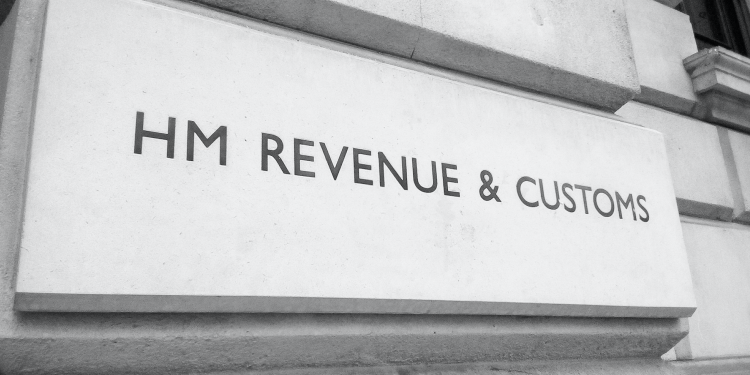Group risk professionals are celebrating the confirmation that group life assurance is exempt from having to register with the Trust Registration Service, saving an extra admin burden for over 50,000 group life and critical illness trusts.
Yesterday the Government published a summary of responses and the consultation outcome of the Technical consultation: Fifth Money Laundering and Trust Registration Service which confirmed that it has accepted the call from the industry that the scope of the exemption from the requirement to register a trust under the Transposition of the 5th Anti Money Laundering Directive regulations has been clarified as including trusts holding group risk protection policies.
Combined plans, where life and IP or life and group critical illness cover and IP will only get the exemption for permanent disability, meaning these products would have to register.
Investment-linked protection products such as unit-linked whole of life and low cost endowments will not be exempt and will now have to be registered.
S2.12 of the consultation says: “The government has taken respondents’ views into consideration when determining which trusts will be exempt from registration. Further details of the parameters of these exemptions can be found in the legislation and will be covered in the forthcoming guidance. In general, the following types of trusts will be exempt from registration on TRS: Trusts imposed by statute, where these do not result from the clear intention of the settlor. For example, the statutory trust arising on intestacy.”
Grid spokesperson Katharine Moxham says: “Grid is delighted with the outcome of the technical consultation which has clarified that trusts holding pure protection policies, including group policies will be exempt from having to register with the Trust Registration Service as required by the Fifth Money Laundering Directive. This has saved over 50,000 group life and critical illness trusts from an extra administrative burden, removing a potential barrier to employers providing group risk benefits for their workers.”
Canada Life marketing director Paul Avis says: “It is estimated that 1.5m personal trusts and over 50,000 group life, as well as pensions, trusts would have been required to register under the Trust Registration Service but the exemption for pure protection policies was what the industry lobbied for and what the industry got. Thankfully!
“Some trade bodies lobbied for further concessions – the individual protection market wanted investment-linked protection products also exempted, such as unit-linked whole of life and low cost endowment policies. But these will now have to be registered in 2020. Additionally for combined personal plans with income protection (IP) included, such as life and IP or life with critical illness and IP, the exemption is for permanent disability and so it is likely that these products would have to be registered too.
“In essence, the exemption is a great result as the industry has got the outcome it requested. Some within it would say common sense prevailed! Hopefully this is the final confirmation that avoids what could have been a massively bureaucratic exercise that employers and consumers would have had to undertake for something that in financial services terms is virtually impossible to benefit from, from a money laundering perspective.”
The following types of trusts will be exempt from registration on TRS:
- Trusts imposed by statute, where these do not result from the clear intention of the settlor. For example, the statutory trust arising on intestacy
- UK registered pension trusts
- Charitable trusts regulated in the UK
- Pure protection life insurance policies and those paying out on critical illness or disablement, including group policies
- Trusts used by government and other UK public authorities
- Trusts for vulnerable beneficiaries or bereaved minors
- Personal injury trusts
- Save as you earn schemes and share incentive plans
- Maintenance fund trusts
- Certain trusts incidental to commercial transactions
- Certain trusts used as part of financial markets infrastructure
- Authorised unit trusts
- Co-ownership trusts where the trustees and beneficiaries are the same persons
- Will trusts created on death that only receive assets from the estate and trusts that only receive death benefits from a life insurance policy and are wound up within 2 years of death
- Existing trusts holding assets valued at less than £100 unless or until further assets are added





